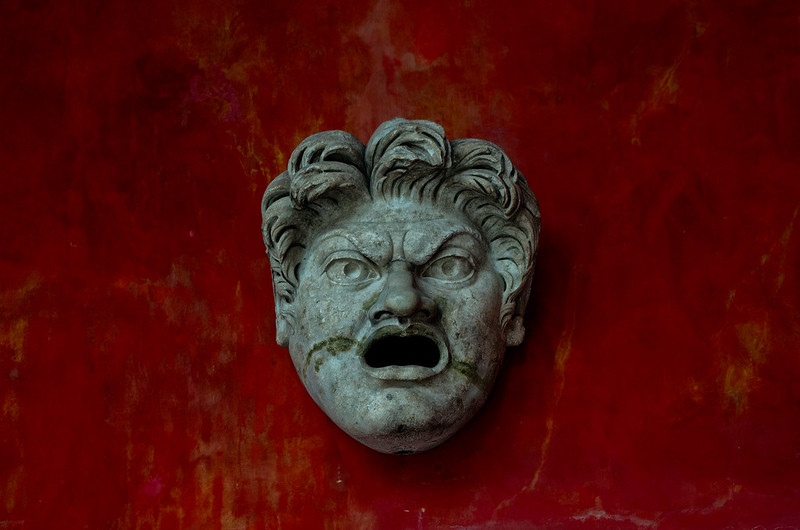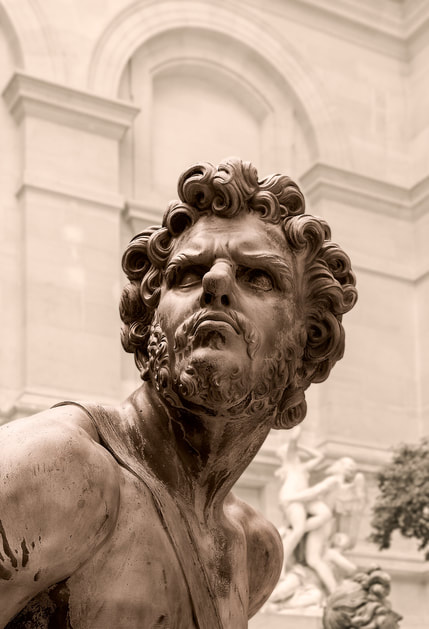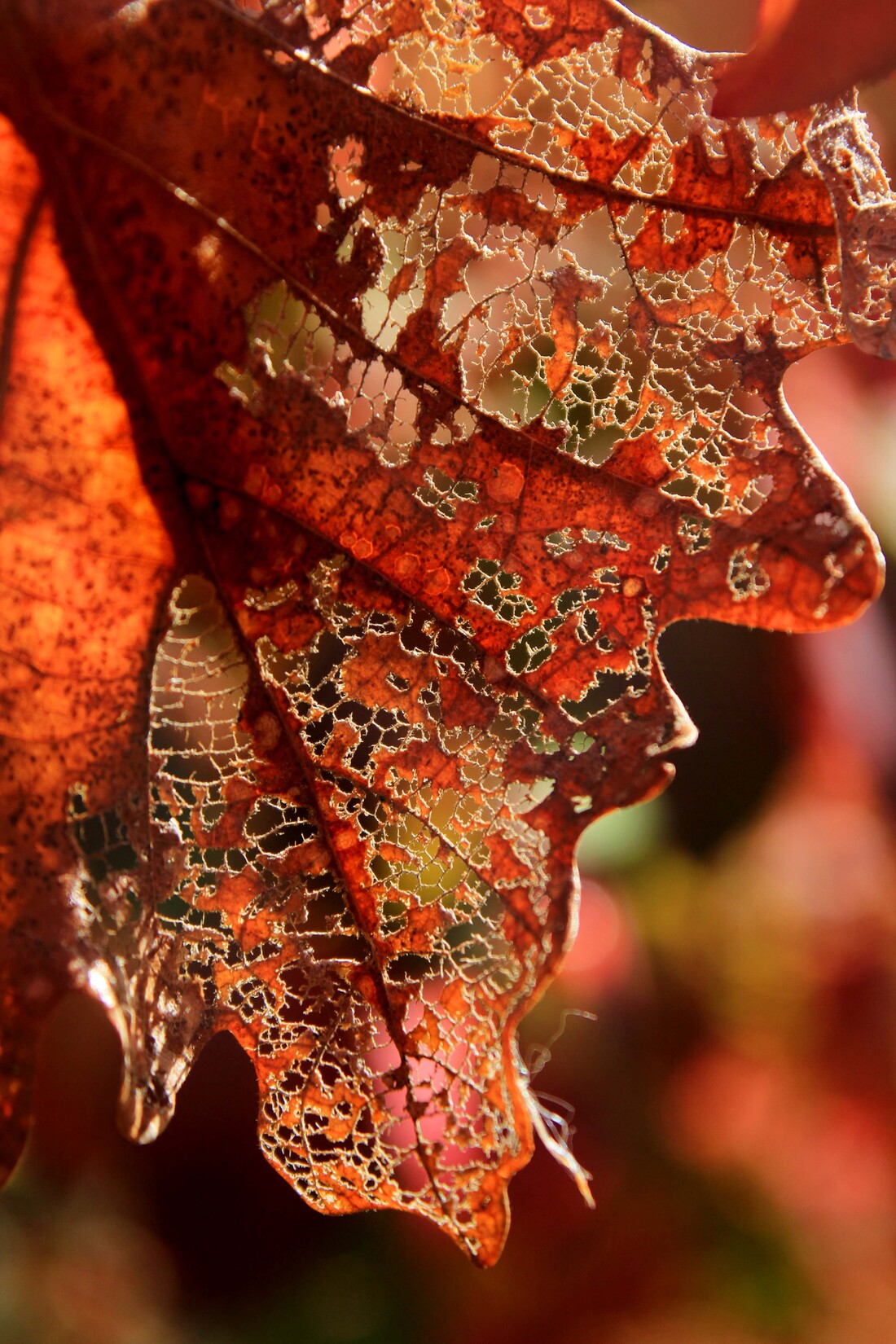- Home
- Process Worldview
- Community
- Art and Music
- Whitehead and Process Thinking
- Podcasts
- Spirituality
- Ecological Civilization
- Education
- Contact
- Social Justice
- Science
- Animals
- Sacred Poems
- Whitehead Videos
- Index of All Titles
- Practicing Process Thought
- Process Spirituality: A Spiritual Alphabet
- Recent Posts
|
A Nation Addicted to Anger
Years ago in studying the teachings of Buddhism, I was struck by the fact that many Buddhists consider anger an 'unhealthy' emotion best transformed into compassion. If you feel anger, these Buddhists seemed to say, you should let it pass as soon as you could, without clinging to it. You should avoid repression or ventilation, choosing a third option: mindfulness. I had liberal friends who were appalled by the idea that anger is an unhealthy emotion and who spoke of "righteous indignation' as a very positive emotion, necessary for the achievement of 'social justice. If you aren't angry, they said, you're not paying attention. Worse than that, you are failing to empathize with the victims of injustice. You have to be angry -- morally outraged -- for justice to have a chance. You should feel guilty if you're not angry. As I offer this page for reflection, I cannot make up my mind on the matter. I do believe that times of outrage can be productive, but I also sense that, tucked within the outrage, there is a desire to harm, to destroy, the offender. And I worry about this. I remember how my own teacher, a young carpenter from Nazareth, said that we should love our enemies. I can't reconcile wanting to harm with loving them. What I do know, however, is that my own country has become a nation addicted to anger. I know that we have a president who cannot control his own anger and encourages anger among his loyal followers. And I know that people who opposed him have grown addicted to anger in reverse. They hate him and have grown to love hating him. I also know we have devices and various forms of social media that can feed our anger at the flick of a finger. And I have friends who, while perhaps not personally addicted to anger, are nevertheless wounded psychologically by its pervasive presence. We are told that a first step in overcoming an addiction to is to acknowledge it. I think it's time. The next step is to acknowledge that there may well be a healing power at work in the world, however understood, that can turn anger into compassion and bring about a more creative response. I know this second step is controversial to my secular friends who don't believe in God at all, in any form, and also to those who believe in God but understand God as a wrathful tyrant himself. Still, it seems to me it might be important, collectively, to know that there is something at work in the universe on the side of love not fury. The Buddhists might speak of it as a cosmic bodhisatta spirit; others as a love energy or a more personal but deeply compassiate God. It doesn't matter What matters is that we allow its energies to become part of our lives, moving past our addictions to fury. What is important is the creative transformation of addictive fury into something even more creative: loving your enemy. - Jay McDaniel |
Give us this Day our Daily Rage
springboards for reflection from Rebecca Solnit in Harper's Magazine
A president possessed by angerIs anyone more possessed by this obliterating anger than Donald Trump? Our nation is currently led by a petty, vindictive, histrionic man whose exceptional privilege has robbed him of even the most rudimentary training in dealing with setbacks and slights. He was elected by people who were drawn to him because he homed in on their anger, made them even angrier, and promised vengeance on the usual targets, domestic and foreign, successfully clouding their judgment as to what electing him would mean for their health care, safety, environment, education, economy. anger at the flick of a fingerIn part because hate is so often excused or explained by love in these conflicts, it’s dangerous to grant anger a special authenticity. Throughout last year, the ire of conservative voters was regarded as a deep augury of real concerns, real convictions, even as the ease with which crowds can be incited — and the weak factual basis for many of their concerns — was demonstrated again and again. People on both ends of the political spectrum were often furious about things they had not paid much attention to and didn’t know much about. Anger is frequently mistaken for a dowsing rod indicating something deep, when it is better understood as a dial that can be spun with a flick of the finger. |
left and right smitten by angerMany of the more prominent media outlets trafficking in outrage — making ad hominem attacks, dividing the political world into heroes and villains, giving us this day our daily rage — are aimed at conservatives: Fox News, say, or the talk radio networks. But many on the left are equally smitten with anger. I grew up in the shadow of the slogan “If you’re not angry, you’re not paying attention,” which equates the feeling with engagement, with principles; it suggests that you cannot have the latter without the former. Righteous rage is often seen as a virtue. social media and daily rageOn social media, audiences give perfunctory attention to facts so that they can move on to the pleasure of righteous wrath about the latest person who has said or done something wrong. Anger is the stock-in-trade of many politicians and pundits and of the tabloids and websites that give them voice; it is the go-to emotion, perhaps because it is inherently reactive, volatile — easy to provoke, easy to direct. Indeed, as Jeffrey M. Berry and Sarah Sobieraj argued last year on Vox, it has become a kind of commodity, a product marketed to select customers. Anger-provoking content is more likely to succeed, more likely to “stick,” not least because, you have to imagine, anger itself is a way the mind gets stuck. |
My Almost Constantly
Furious President
notes from a fictional loyalist
My president reminds me of the Furies in Greek drama. Sometimes he speaks of love, but even then he seems furious, like the Furies.
I've been reading about the Furies lately, and I've come to like them. Often the Furies become completely enraged and threaten to destroy everything, including the fertility of the earth. Their fury is very intense, very creative in its own destructive way.
People might try to tame the Furies, but that is really impossible. The Furies are intoxicated by their fury. Every time they unleash some fury and shake things up, they experience an intensity, a "rush," that is momentarily satisfying, like heroin. Like violence.
Of course, the rush lasts just a short time and before long another rush will be needed. And they''ll find a way to get it. In their furious states, the Furies let loose upon the land a vindictive poison, dripping deadly from the heart, and breeding a kind of cancer.
Why the fury? Part of it is that they feel mocked, unaccepted by the people and by a world that has changed from their memory of it "when they were young." Thus their fury is fueled by nostalgia and insecurity: even a kind of loneliness.
And so it is with my president. He is my lord and my fury. I can go to one of his rallies and taste the "fury." The rally will be filled with music and play and humor - but always it carries with it an intoxicating sense of the "others" who deserve fury. We get to hate together: that is, hate the people who hate us, of course. We loyalists love one another. We feel a special bond.
It's a religious feeling: this thrill of boiling over. The walls of "political correctedness" break down. It's beautiful. When you experience it, you are taken into another plane of existence, at least for a moment. You get the rush, both mysterious and terrifying. It's holy.
You might say my president is a furious Fuhrer. "Fuhrer" is German for 'leader' or 'guide.' That's how I feel about him, he is my priest of fury. Priest of the boil. I'm just kidding, of course. But he is a kind of leader for me. He reminds me of images of God where God is outraged and angry, almost beside himself. Trampling down the vineyards. My president knows how to trample. His anger thrills me. I love him.
-- a fictional loyalist, imagined by Jay McDaniel
I've been reading about the Furies lately, and I've come to like them. Often the Furies become completely enraged and threaten to destroy everything, including the fertility of the earth. Their fury is very intense, very creative in its own destructive way.
People might try to tame the Furies, but that is really impossible. The Furies are intoxicated by their fury. Every time they unleash some fury and shake things up, they experience an intensity, a "rush," that is momentarily satisfying, like heroin. Like violence.
Of course, the rush lasts just a short time and before long another rush will be needed. And they''ll find a way to get it. In their furious states, the Furies let loose upon the land a vindictive poison, dripping deadly from the heart, and breeding a kind of cancer.
Why the fury? Part of it is that they feel mocked, unaccepted by the people and by a world that has changed from their memory of it "when they were young." Thus their fury is fueled by nostalgia and insecurity: even a kind of loneliness.
And so it is with my president. He is my lord and my fury. I can go to one of his rallies and taste the "fury." The rally will be filled with music and play and humor - but always it carries with it an intoxicating sense of the "others" who deserve fury. We get to hate together: that is, hate the people who hate us, of course. We loyalists love one another. We feel a special bond.
It's a religious feeling: this thrill of boiling over. The walls of "political correctedness" break down. It's beautiful. When you experience it, you are taken into another plane of existence, at least for a moment. You get the rush, both mysterious and terrifying. It's holy.
You might say my president is a furious Fuhrer. "Fuhrer" is German for 'leader' or 'guide.' That's how I feel about him, he is my priest of fury. Priest of the boil. I'm just kidding, of course. But he is a kind of leader for me. He reminds me of images of God where God is outraged and angry, almost beside himself. Trampling down the vineyards. My president knows how to trample. His anger thrills me. I love him.
-- a fictional loyalist, imagined by Jay McDaniel


